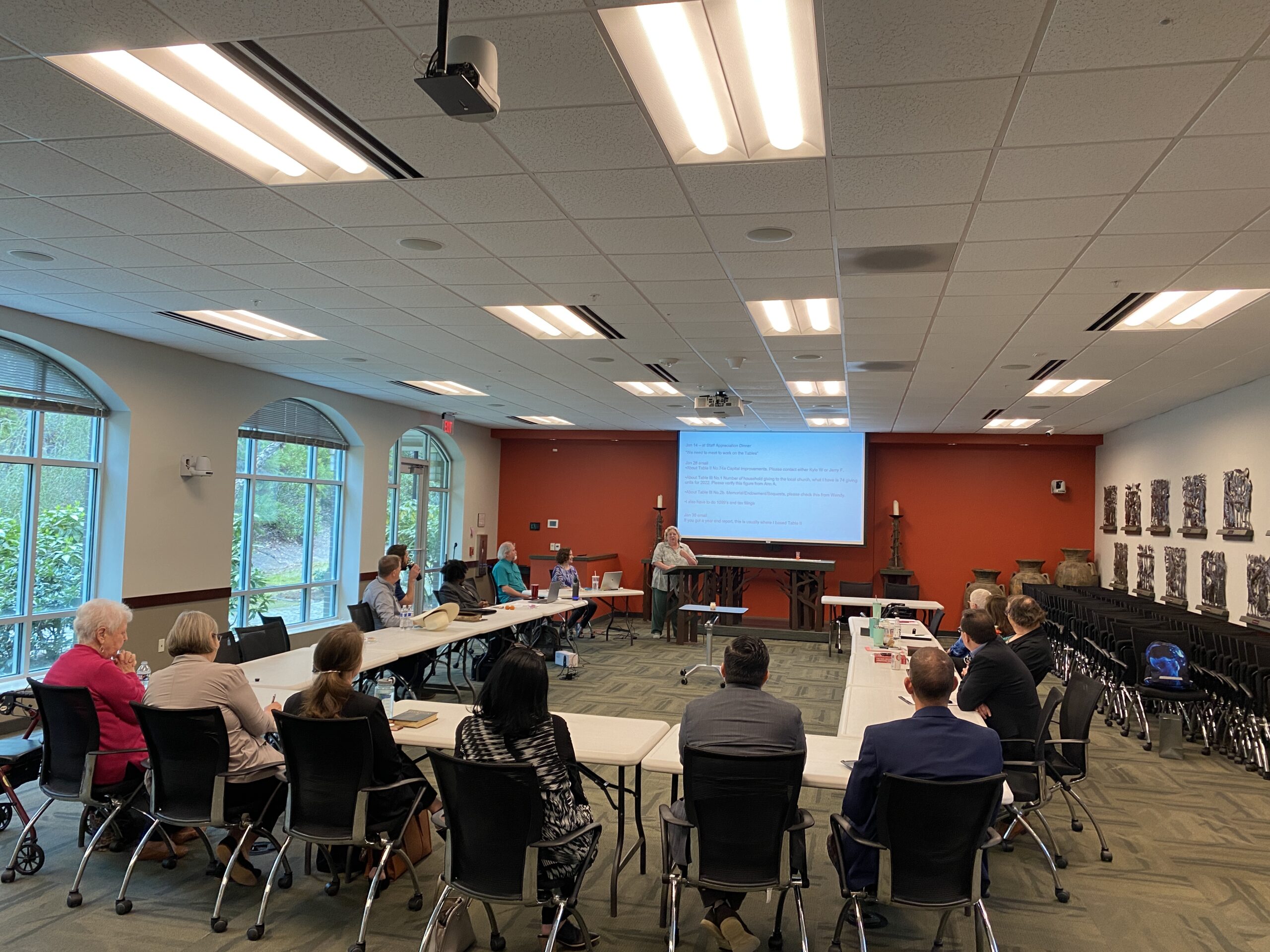
Certified Lay Ministry
Candidate Training Program
A Cohort Experience for Laity who are ready to step out in faith and answer God’s call.
About the Program
The CLM Candidate Training Program is a one-year learning experience, consisting of four modules and a culminating ministry project where the CLM presents a plan for what their ministry will be in their local church setting. Modules are delivered online through the NC Conference, with five full-day group cohort sessions throughout the year. These in person sessions provide community among cohort participants and function to introduce the upcoming module and/or complete the module just studied.
All together, the training requires a minimum of 78 hours plus the ministry project. Additional requirements listed on the How to Become a CLM page (e.g. the prerequisites) are not included in this total.
Becoming an effective CLM is not a matter of completing the course work as quickly as possible. Instead, it is a journey that requires discernment, learning, and ongoing reflection of what is learned. This is a journey of learning in relationship and reflecting on your call, gifts, and practices to prepare you to serve in your assignment.
About the Modules
Discipleship Ministries and The General Board of Higher Education and Ministry have worked together to develop the basic coursework, organized into four modules. In the NC Conference, we have adapted these modules into a unique experience intended to create a process for discernment and community building along-side covering important content in the following four areas:
Module 1: Call and Covenant for Ministry (6 weeks)
During this module, CLM candidates will learn about the role of the certified lay minister, explore their own call to ministry, build their mutual ministry team, and lay the groundwork for understanding what it will look like to build a ministry covenant. (Note that the published workbook for module 1 includes the task of writing your ministry covenant. However, recognizing that discernment takes time, the NC Conference CLM Steering Team opted to shift material about writing the covenant to the end of Module 4 for the NC Conference CLM Candidate Training program.)
Module 2: The Practice of Ministry (8 weeks)
The longest of the four modules, this module covers four broad topics and competencies for ministry: worship, preaching/sharing faith, faith formation and discipleship, and caring for a congregation.
Module 3: Organization for Ministry (4 weeks)
Focus on the leader’s task of organizing a congregation for mission and ministry. It provides specific
guidance on topics central to a congregation’s health.
Module 4: Connection for Ministry (4 weeks)
United Methodist theology, practice, and polity are explained with the roles of the local congregation
district, conference, and general church.
Mark Your Calendars!
In-person cohort days are an essential part of the cohort experience. If you are interested in a future cohort, mark these dates in your calendar. All sessions are 10am-3pm in Garner.
2025 – 2026 Cohort Gatherings
- September 27, 2025 (orientation)
- November 8, 2025 (Module 1)
- January 31, 2026 (Module 2)
- February 28, 2026 (Module 3)
- April 11, 2026 (Module 4)
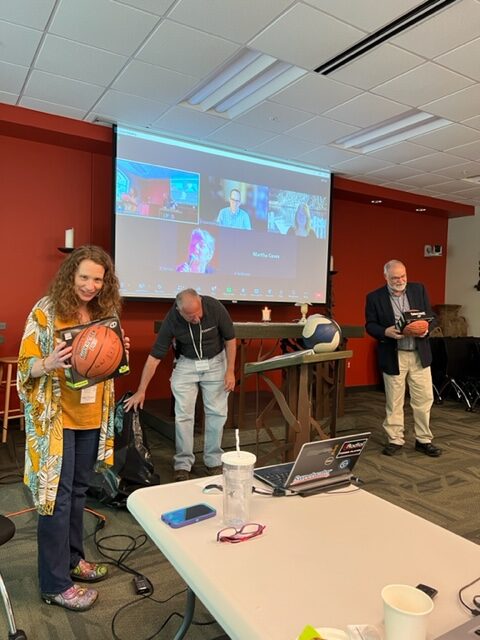
About the Facilitator

Deborah Horton, CLM
Deborah Horton is a certified lay minister and Lay Leader at Pleasant Grove UMC in Raleigh. At Pleasant Grove she has served in a variety of ministries including Bible Study Leader, Sunday school teacher, Chancel Choir member, VBS leader, and Lay Leader.
After leaving the IT training world she now works as the Volunteer Coordinator at Pleasant Grove UMC. She is passionate about helping others grow in their relationship with God and using their spiritual gifts in their journey.
About the Ministry Project
During modules 3 and 4, each CLM candidate completes a ministry project that reflects how their gifts might be used in a congregational setting. The subject for this project is to be selected by the CLM candidate after consultation with their clergy mentor and the CLM cohort facilitator(s). The candidate’s final decision must be supported by their clergy mentor and the CLM cohort facilitator(s).
The completed project will include the following components:
- purpose
- timeline
- structure
- implementation site
- required elements (both personnel and materials)
- required training and/or preparation
- budget
- funding source
- timeframe
- measures of effectiveness
It is understood that the ministry project is the plan for a ministry and that the CLM candidate is not likely to implement the plan until after presenting the project to their cohort.
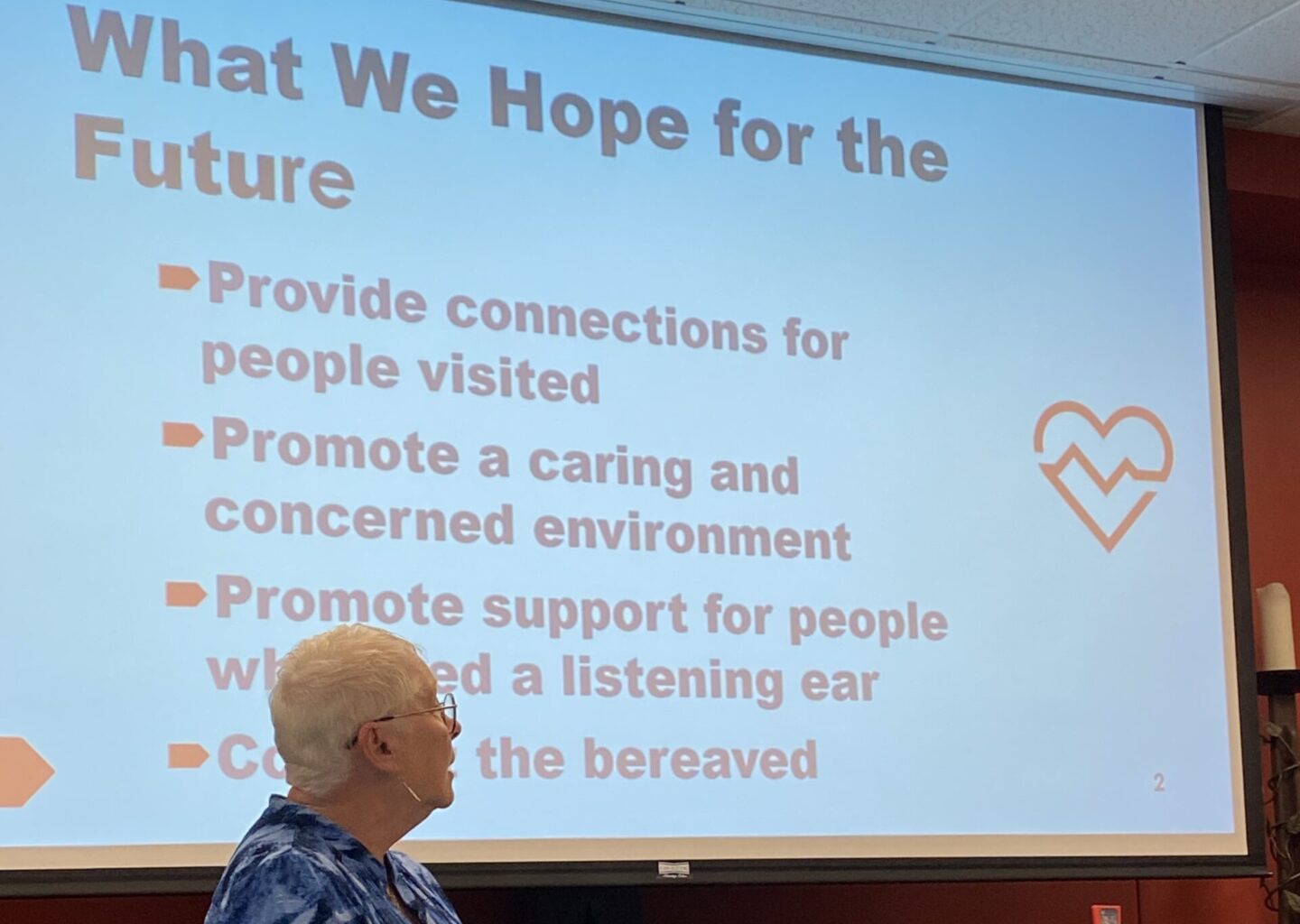
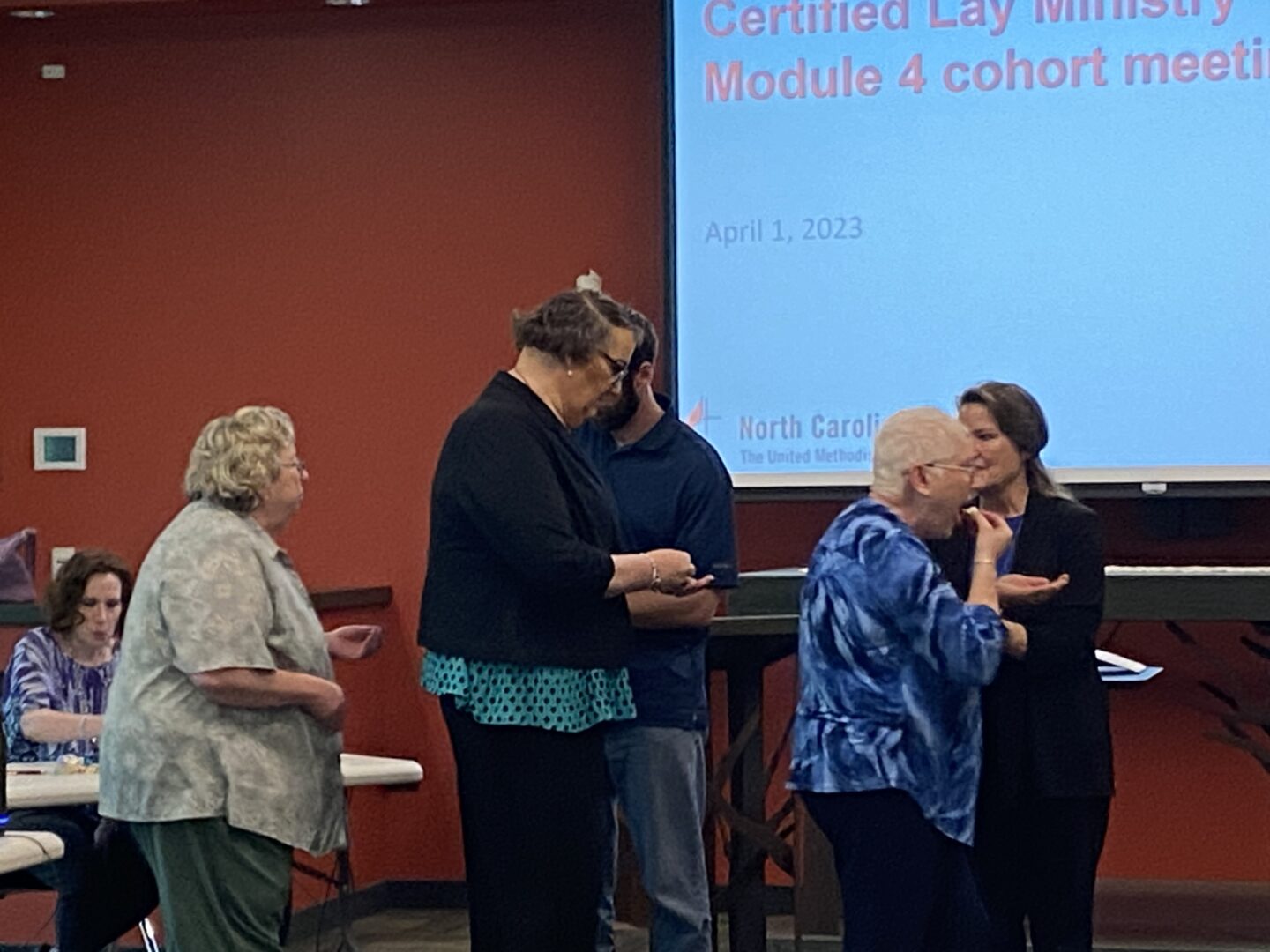
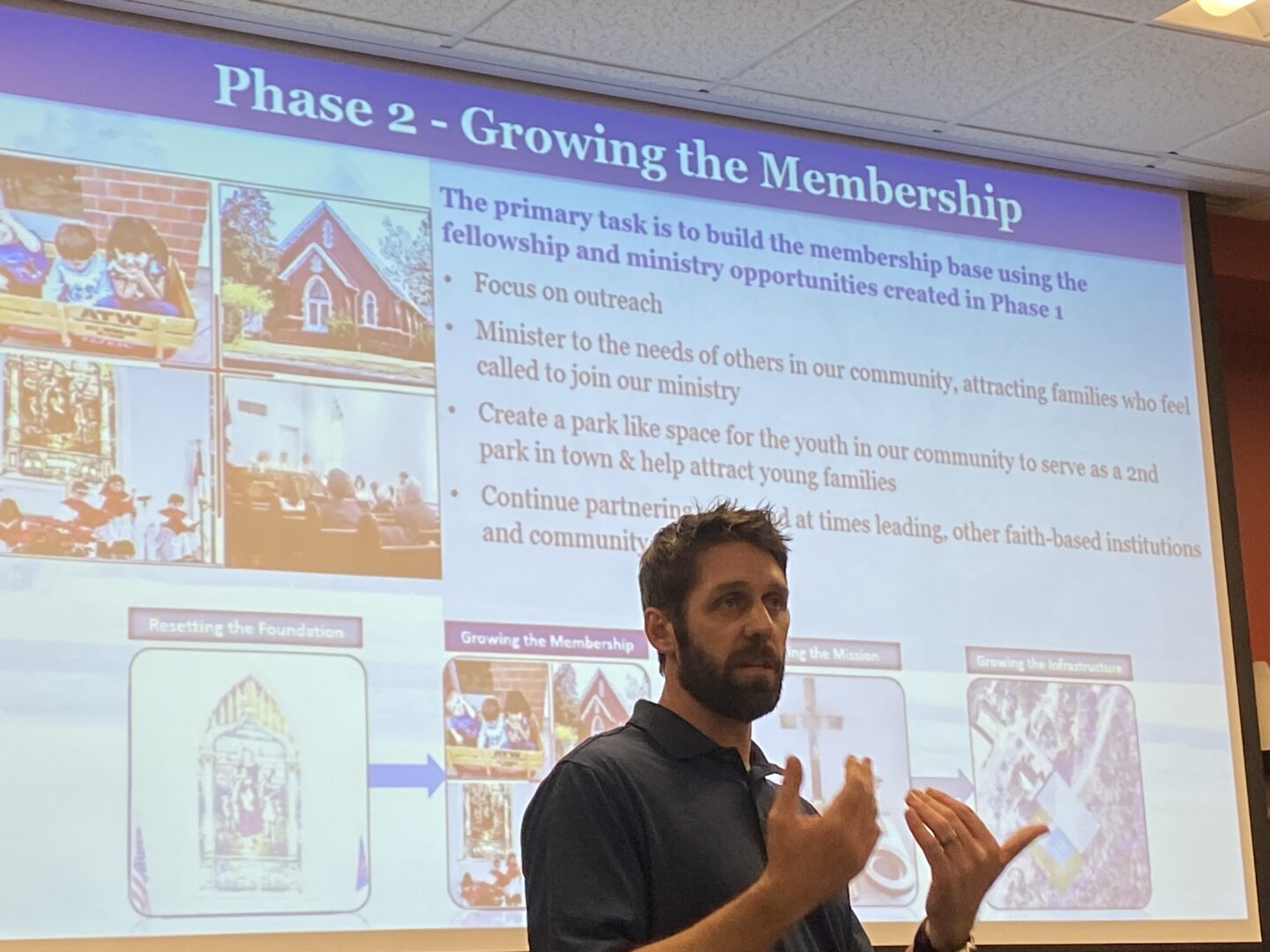
Some Frequently Asked Questions
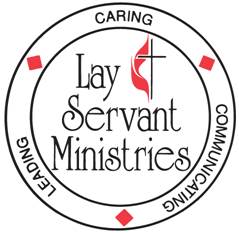
What does it cost?
Here’s an estimate of costs for the CLM Candidate Training Program.
- Online courses (modules): $120
- Notebook with printed curriculum: $30
- Additional required LSM courses and materials (Basic, Polity, History, Safe Sanctuaries): Up to $150
- Background check: $25
- Mental Health and Wellbeing Assessment: $125 [Note the Board of Laity covers the remaining $125 for this assessment.]
This estimate does not include travel (usually a day trip to cohort meetings) and additional optional reading materials.
Who pays for my training?
The CLM candidate is responsible for all costs incurred in the CLM candidate training program. It is highly recommended the CLM candidate work with their local congregation to enable the congregation to offset the costs of the CLM candidate training year.
Where are the classes held?
Our class structure is a hybrid model of online module training through the NC Conference Online Learning Ministry together with mandatory groups sessions. Group sessions are day-long meetings and are usually held at the NC Conference office in Garner.
Do I have to attend all of the classes?
Yes! In order to benefit everyone in the cohort and meet the requirements of the certifying body, Discipleship Ministries, full participation in all the required courses and sessions is necessary to satisfy the training requirement for certification.
The Day of Discovery, while optional, is highly recommended as it provides the opportunity to meet potential cohort members as well as participate in knowledge sessions about certified lay ministry.
Is there another way I can take the required module?
While there are providers who offer shorter versions of these training modules (sometimes offered in a weekend setting or at BeADisciple.com), our conference committee on Lay Servant Ministries has determined these programs will not be accepted in the NC Conference. Other vendors may provide back-to-back training in an online format, but participants do not get the advantage of participating in a learning community to enhance their training and anchor it within the context, values, and traditions of the NC Conference. Any training, including the additional requirements, taken through an alternate provider must be approved by the conference committee on Lay Servant Ministries prior to its engagement. If the courses have already been taken prior to enrolling in the NCCUMC candidate training program, the potential CLM must also participate in the candidate training program in order to apply learning to the conference culture and context. The ministry project and additional training requirements must also be completed.
Do I need a computer to participate?
In order to complete the online training modules, each participant will need access to a computer. Communication is done via email and the online learning ministry website. Assignments are submitted electronically and course materials are delivered in an electronic (PDF) format.
Is there a scholarship or financial assistance available?
Persons who are interested in CLM certification should discuss with their local congregation financial support for the training costs. While the certified lay minister often serves in a volunteer capacity, the local congregation should be encouraged to financially support the training needs of the CLM, including mileage reimbursement, ministry resources, and continuing education requirements.
In addition, in cases where financial assistance is needed beyond what the local church can provide, the Board of Laity may have resources to further offset costs.
